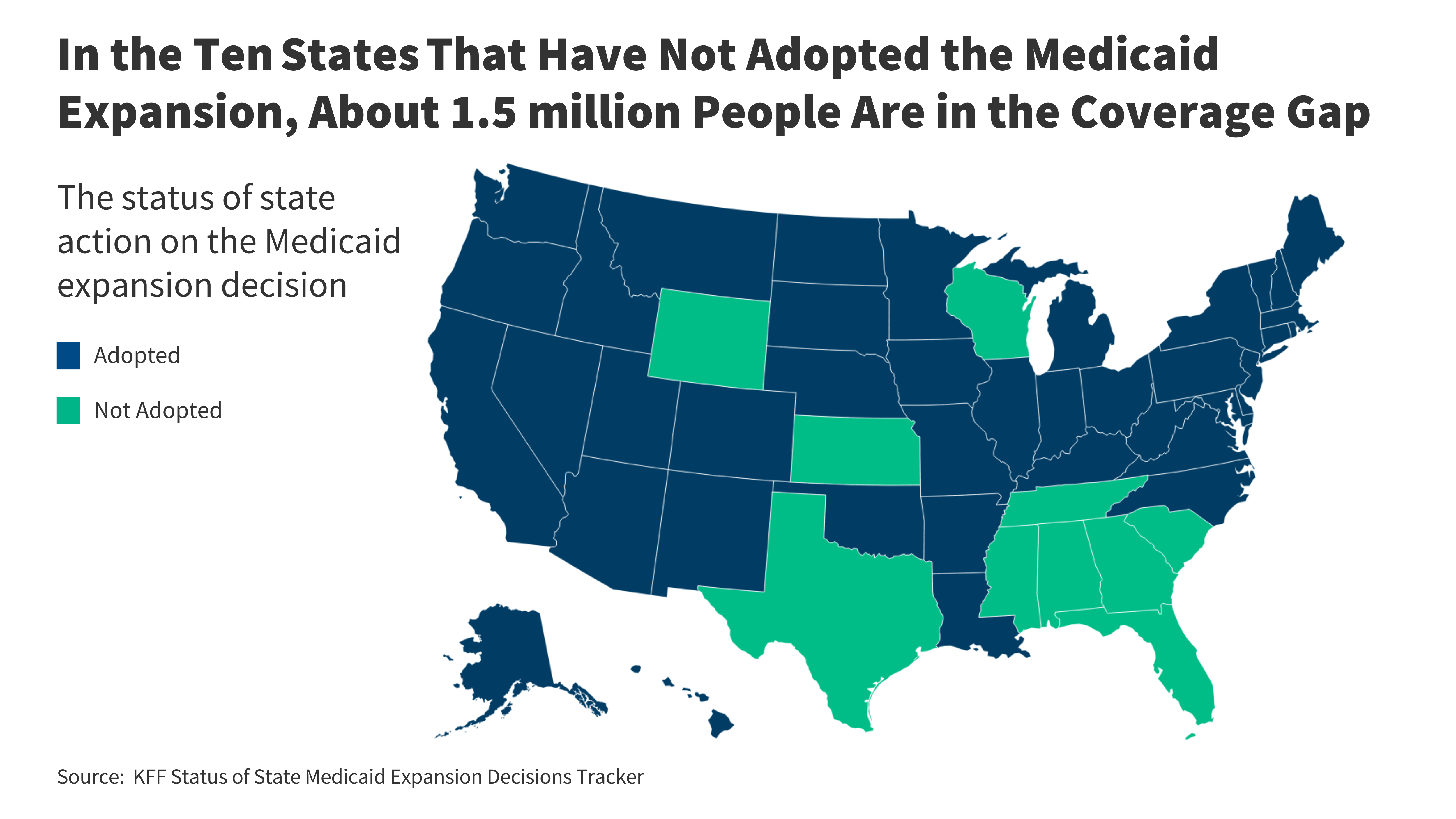Kyle Ankney, a 34-year-old public relations professional from Fort Lauderdale, Florida, is on the hunt for a remote role in PR due to his cerebral palsy. This condition limits his physical abilities, making in-office work challenging. Ankney’s insurance covers in-home care, which further complicates the possibility of working in a traditional office setting. As a result, he is facing difficulties finding suitable job opportunities in his field.
Ankney, who has been working in PR for over a decade, initially never had the intention of running his own agency. However, circumstances led him to start his own firm, which he successfully managed for several years. Now, with a client going on hiatus, Ankney is looking to transition back into a more traditional PR agency role, preferably at a mid-senior or director level.
Despite his qualifications and experience, Ankney has encountered challenges in his job search. Recruiters have suggested that he may need to consider more junior roles as most managerial positions require in-person presence. This limitation highlights a broader trend in the workforce where remote roles are becoming increasingly scarce, posing a significant barrier for individuals like Ankney who require remote work accommodations due to medical conditions.
Ankney’s need for in-home care three times a day has shifted remote work from a luxury to a necessity. His insurance only allows the nurse to visit one address, making remote work the only feasible option for him, even if he were to find a job in South Florida. This limitation underscores the importance of remote work accommodations for individuals with disabilities who rely on specialized care.
The challenges Ankney faces in his job search are further exacerbated by the current job market trends. While the pandemic initially opened up remote work opportunities in PR, there has been a noticeable swing back towards in-person or hybrid work arrangements. This shift has made it increasingly difficult for Ankney to find suitable remote roles that align with his needs and qualifications.
Despite the hurdles he faces, Ankney remains resilient in his job search efforts. He has reached out to contacts in the industry, engaged in networking, and proactively applied for positions that match his skills and experience. However, he has encountered setbacks such as job postings collecting resumes without immediate hiring intentions, ghosting from potential employers, and unexpected changes in job requirements during the interview process.
As Ankney navigates the challenges of finding a remote role in PR, his story sheds light on the barriers faced by individuals with disabilities in accessing suitable job opportunities. His determination and perseverance in the face of adversity serve as a reminder of the importance of creating inclusive work environments that accommodate diverse needs and abilities.

















